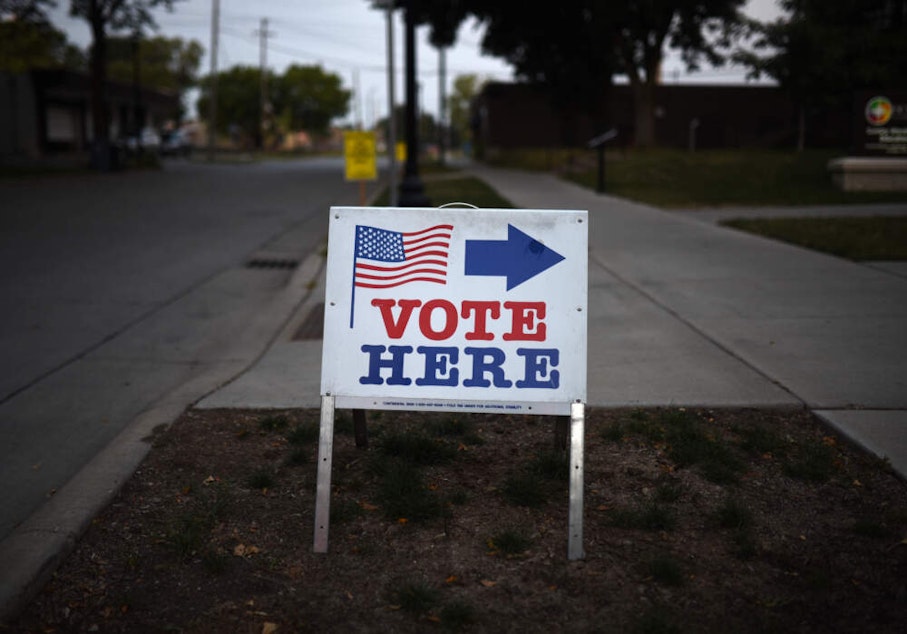How will election deniers, new legislation and extremism impact the election?

With about six weeks to go until the presidential election, some watchers are less concerned about who will win than they are about the voting process — not to mention what might happen when the winner is announced.
Those fears of course are stoked by memories of the Jan. 6 insurrection and the baseless but consistent messaging by former President Donald Trump that the election was stolen.
All this takes place as the number of election deniers and conspiracy theorists is growing in official capacities related to the election, including 102 overseeing elections on state and county boards in battleground states, according to a recent report by the Center for Media and Democracy.
Among those watching with more than a little trepidation is Marc Elias. He’s one of the attorneys who helped overturn nearly every legal challenge related to the 2020 election. Elias founded the online Democracy Docket, which publishes information and analysis on voting rights and election litigation. He also recently joined presidential candidate Kamala Harris’ legal team. He talks to host Robin Young about the electoral challenges that lie ahead.
This article was originally published on WBUR.org.



